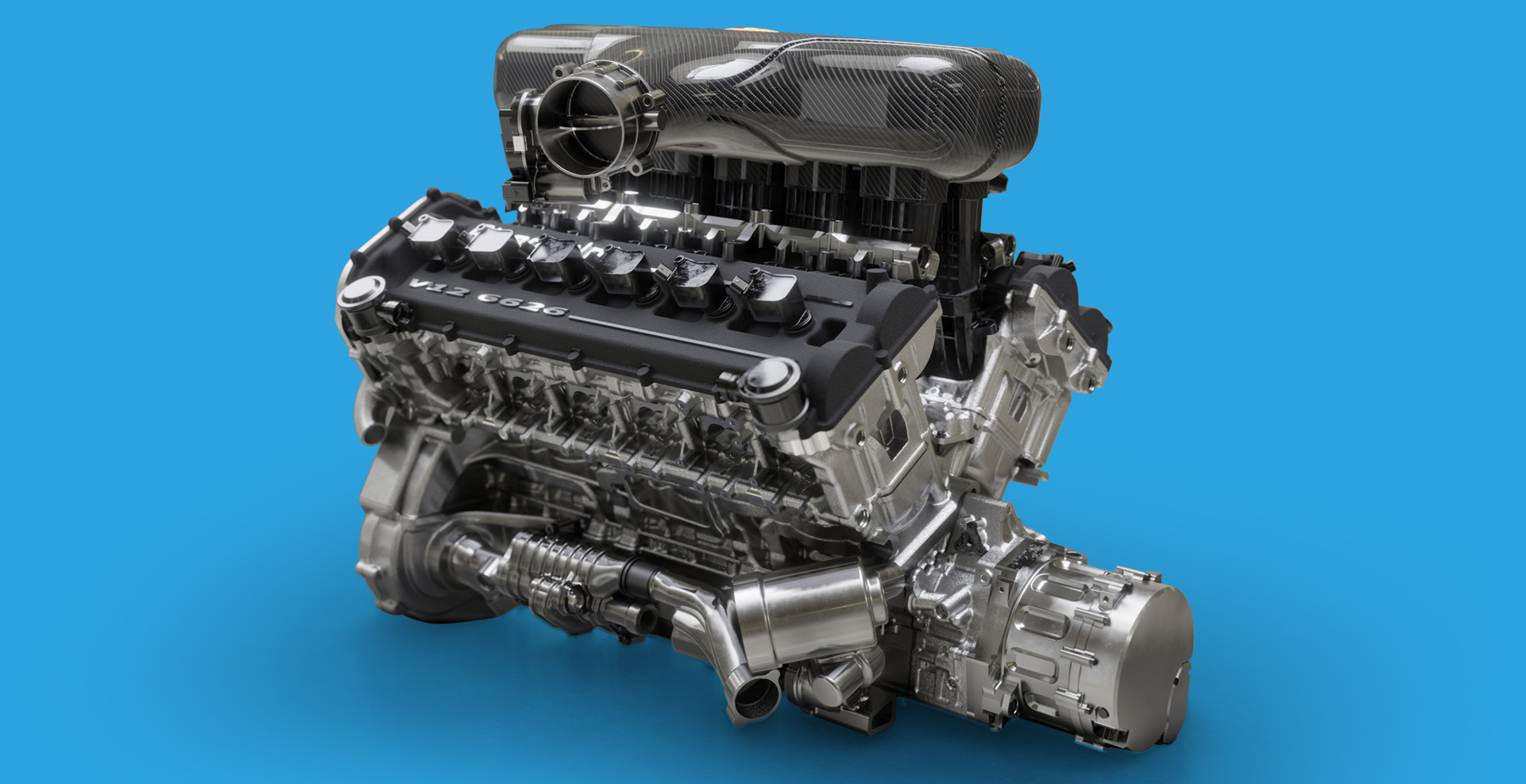Engines For Africa: Leading Company of Costs Engines
Wiki Article
A Total Overview to Selecting the Right Engine for Your Task
Selecting the ideal engine for your task is an essential decision that can substantially impact its general success. It is vital to meticulously define your job requires, evaluate performance demands, and take into consideration user-friendliness alongside various other essential aspects. Additionally, comprehending the area assistance available and inspecting expense implications can further improve your selection. Each of these elements plays a critical function in making certain that your selected engine not just fulfills prompt objectives but likewise aligns with long-lasting ambitions. As we check out these factors to consider, you might locate that the subtleties of each element expose more than at first expected.Define Your Job Requirements
Defining your job needs is an important action in picking the ideal engine for successful execution. A thorough understanding of your project's purposes will lead you in recognizing the capacities and functions required from an engine. Begin by detailing the scope of your task, including the desired capability, target audience, and the specific results you aim to accomplish.
Following, consider the technological needs that align with your job objectives. This includes reviewing the compatibility of the engine with existing systems, as well as the shows languages and frameworks that will be made use of. Additionally, examine the degree of scalability required to fit future development or changes sought after.
Spending plan constraints likewise play an essential role in specifying your task needs. Establish a clear economic structure to direct your decision-making procedure, guaranteeing that the engine picked fits within your spending plan while supplying the necessary performance.
Evaluate Performance Requirements

Next, consider the scalability of the engine. Analyze whether it can deal with enhanced workloads as your task grows. Engines that support straight scaling are commonly preferable for larger applications. Additionally, assess the engine's performance under different problems, such as peak use circumstances, to guarantee it fulfills your integrity criteria.
Take Into Consideration Convenience of Usage
While technical specifications are important, the ease of use of an engine can dramatically influence the advancement process and overall task success. An instinctive user interface, clear paperwork, and streamlined operations can significantly reduce the understanding contour for designers, enabling them to concentrate on creative thinking and analytic instead of coming to grips with complicated devices.When evaluating an engine's ease of usage, take into consideration the onboarding experience. A well-structured introduction, full with tutorials and sample jobs, can assist in a smoother transition for new users. In addition, the clearness and comprehensiveness of the engine's documentation play a crucial duty; extensive overviews visit homepage and API recommendations can empower programmers to troubleshoot and apply functions successfully.
An engine that allows for easy modifications can be a lot more straightforward, as programmers can customize it to fit their specific demands without comprehensive problem. Inevitably, picking an engine that prioritizes ease of use can lead to a much more delightful and productive development experience.
Assess Area and Assistance
The toughness of an engine's area and assistance network can considerably affect a designer's experience and success. A dynamic community typically suggests a riches of shared knowledge, resources, and fixing help that can enhance your job's growth process. When evaluating an engine, think about the dimension and activity degree of its area. Larger areas commonly use a lot more discussion forums, tutorials, and third-party plugins, enabling designers to locate solutions much more successfully. linkIn addition, examine the availability of main support networks. Reputable documentation, receptive customer assistance, and normal updates are necessary for dealing with technological issues and maintaining your project on course. Engines For Africa. Active neighborhoods also cultivate collaboration, supplying opportunities for networking and comments, which can be invaluable, especially for independent developers or little groups
Additionally, explore the presence of community-run events, such as meetups or hackathons. These events can enrich your understanding of the engine while linking you with experienced users and prospective partners. In recap, a durable area and support group not only enhance development however also produce an atmosphere for discovering and advancement, inevitably boosting the chance of your job's success.
Compare Expense and Licensing Choices
Budget plan factors to consider play an important function in choosing the best engine for your job, as the expense and licensing choices can substantially affect both temporary costs and lasting stability. Engines For Africa. Various engines use differing rates frameworks, which can include one-time acquisition charges, membership designs, or revenue-sharing contracts based on your task's revenues
Licensing options also vary substantially. Some engines are open-source, using versatility and community-driven support, while others may call for exclusive licenses that restrict use and circulation. Comprehending the implications of each licensing model is essential, as it impacts ownership rights, future scalability, and possible legal commitments.
Verdict
To conclude, choosing the appropriate engine for a task requires an extensive examination of defined task requirements, performance needs, simplicity of use, neighborhood support, and cost factors to consider. By systematically resolving these important elements, decision-makers can make certain positioning with both current and future project needs. A well-informed selection eventually enhances the probability of project success, making it possible for efficient source allotment and taking full advantage of potential end results within the specified financial constraints.Picking the ideal engine for your job is a vital decision that can significantly impact its overall success.Specifying your task needs is a vital action in choosing the ideal engine for successful application. A thorough understanding of your task's goals will certainly guide you in determining the abilities and attributes required from an engine.Once you have a clear understanding of your job requires, the following action is to review the performance requirements of the engine.In final thought, picking the appropriate engine for a project requires a thorough examination of specified task needs, performance requirements, simplicity of usage, area assistance, and cost considerations.
Report this wiki page